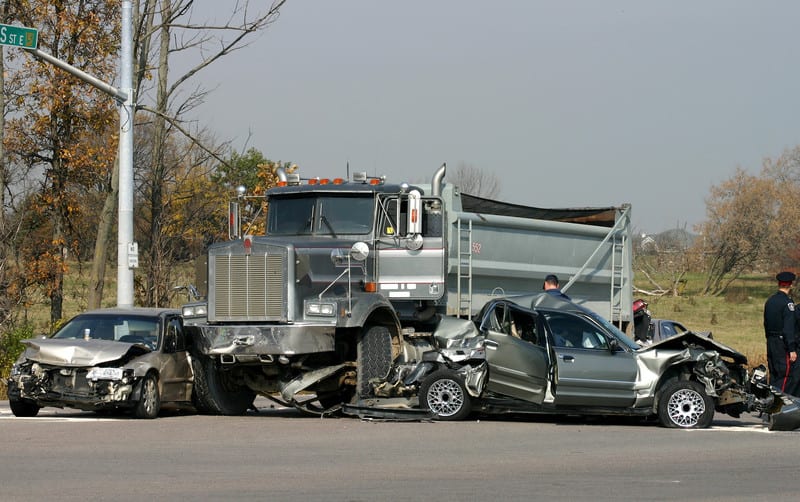Last week we wrote about some grim government statistics on work-related fatalities: field service positions make up  seven of the 10 deadliest jobs in America. And the leading cause of worker deaths overall? Transportation-related.
seven of the 10 deadliest jobs in America. And the leading cause of worker deaths overall? Transportation-related.
Field service workers spend an inordinate amount of time on the road, which is why driver safety is such an important topic in the industry. But getting budget-conscious fleet management companies to invest in safety improvements can be “a tough sell,” says Steve Keppler, the executive director of the Commercial Vehicle Safety Alliance.
Fewer Tickets, Lower Gas Bills
Not so for Promoting Special Care and Health, a New York City-based provider of transportation services for the disabled. According to Stephanie Blanchard, assistant editor of Mobile Enterprise, the non-profit installed GPS tracking devices in its fleet of 145 vehicles after drivers racked up an excessive number of speeding tickets and were involved in two traffic accidents involving fatalities. The company’s insurance premiums soared.
Vehicle tracking systems aren’t cheap. The cheapest systems start at $30 per month per vehicle for the software, device and ongoing maintenance, according to Expert Market. That cost can add up quickly for even a small fleet of a few dozen vans. Promoting Special Care and Health chose the Locator 2000 by GPS Trackit. Blanchard doesn’t disclose the device’s price, but suggests the investment has paid off. Installation of the Locator 2000, he writes, has enabled fleet managers to:
“[M]anage and monitor drivers’ behavior with real-time updates. Each vehicle can be tracked, from how fast it is traveling, to whether it is idling or located in unauthorized areas. The system can also record rapid acceleration, hard braking, and sudden stops. Drivers are not issued warnings by the system, but must take part in a point program administered by the central office. Crossing the designated threshold results in termination.”
The results, continues Blanchard, were immediate:
- Speeding violations have declined from at least 150 “incidents” to eight. The fastest any driver cited for speeding has gone over the speed limit is 8 mph (before, all drivers who got tickets were exceeding posted limits by 20 mph).
- Fuel costs have fallen as drivers are less likely to leave vehicles idling or use company vehicles for personal matter. “Drivers don’t go off the beaten path anymore,” Eric Rosen, the company’s director of procurement, told Blanchard. What’s more, the company can now better detect when a driver is using a company-issued gas card to buy gas for a vehicle that isn’t company-owned.
Insurance premiums are still high — because the two major accidents with fatalities are still on record. But Rosen tells Mobile Enterprise that the company’s insurance reps have indicated the rates will fall again.

Share this: